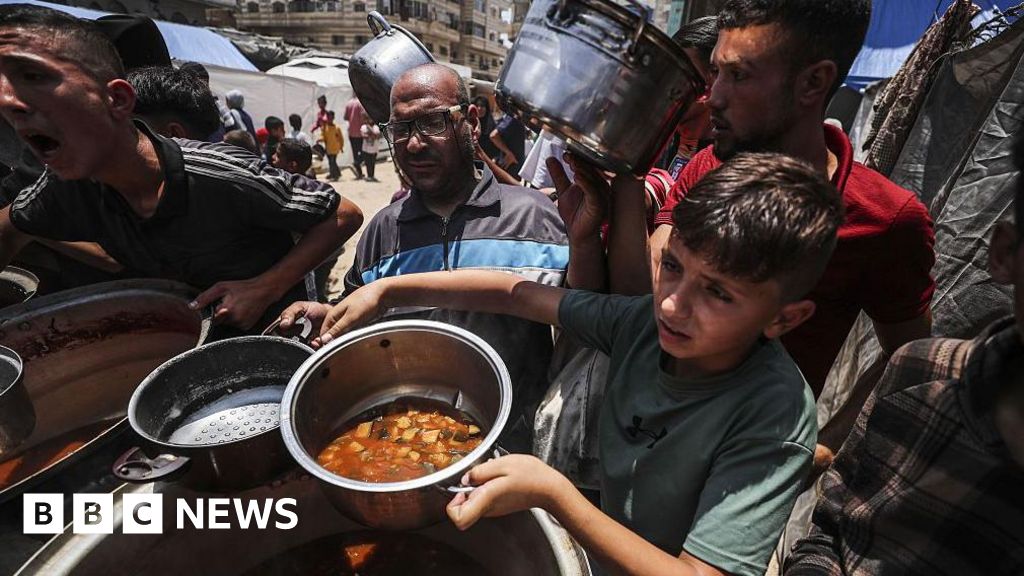ARTICLE AD BOX
By Jonathan Head
BBC News, Bangkok
Back in mid-June, Thai Prime Minister Prayuth Chan-ocha surprised everyone by promising to reopen the country to foreign tourists by October.
The time had come, he said, to take that calculated risk.
At the time, few took him seriously.
Thailand had zealously guarded its borders, imposing quarantine and mountains of paperwork on all arrivals since April last year.
Foreign tourism, once an engine of the Thai economy, collapsed. Just over 70,000 came into the country in the first eight months of this year, compared to 40 million in the whole of 2019.
Covid-19 was successfully contained through most of 2020, but by June this year infections were rising quickly, and the government was being roundly criticised for being too slow to start vaccinating. Opening up in October seemed impossible.
But true to his word, the great reopening appears to have begun, albeit with only very modest steps.
The night-time curfew has been shortened by an hour, starting at 10pm, and libraries and museums can open.
You can visit a spa, but only with advanced booking and a recent negative Covid test.
Fully-vaccinated tourists will now be quarantined for just one week instead of two. Further minor relaxations are expected in November. This is welcome news for the battered hospitality industry, but hardly sufficient to get the visitors pouring back in.
Why is the Thai government proceeding so cautiously?
The simple answer is vaccines and the limited number of ICU beds.
Despite significantly ramping up its orders of vaccines, the government started late and is still a long way short of its official target of inoculating at least 70% of the population.
By the end of September just over one quarter had received two doses, and many of those who received the less effective Sinovac vaccine are now having to get booster shots.
And at the peak of the latest Covid wave in July and August, all Intensive Care Unit (ICU) beds in Bangkok were filled, forcing families with seriously ill patients to search frantically for beds in other parts of the country. No-one wants to see a repeat of that distressing experience.
But with the known infectiousness of the delta variant, many health experts believe even 70% of the population is too low a target for vaccination before Thailand can fully open to tourists.
"The vaccine rate among the older and most vulnerable population should be as high as 85 or 90%", says Tanarak Plipat, a senior health inspector-general and until recently deputy director of Thailand's Department for Disease Control. "Overall, given the delta variant, to be safe vaccine coverage for anybody residing in Thailand should be 80%."
Some in the travel industry agree that it is too soon for a full reopening.
"Realistically 1 January would be a good time", Tassapon Bijleveld, Chairman of Thai Air Asia, the country's largest low-cost carrier told the BBC. "I won't be scheduling any international flights until then".
'They act as though we never existed'
But there are other barriers to tourism apart from the relatively low vaccination rate.
Thailand's famous nightlife cannot restart with the 10pm curfew, with all bars forced to stay closed since early April in Bangkok, and no alcohol permitted in restaurants, although that regulation is now being relaxed on the holiday island of Phuket.
The varied requirements for new Covid tests when you cross provincial borders are also proving prohibitively expensive for travellers planning to visit several areas of Thailand.
At the stylish Tax bar in an old shophouse in central Bangkok, Niks Anuman Rajadhon and his staff are now preparing for a possible easing of the nightlife ban, spacing out their seating and ensuring good airflow. But after being open for just six weeks this year, he is not optimistic about his business.
"For us to stay closed for this long without any compensation has been a disaster. Bangkok is a 24-hour city. Look at everything the bar industry has done for the city, getting top rankings in Asia. I wish they would have more understanding of the hospitality and nightlife business. Right now the government acts as though we never existed," he says.
Acute economic distress is now very visible in Thailand, in the rows of shuttered shops, in the long queues for food handouts, and in the crowds of angry, unemployed young men who have joined the anti-government protest movement and come out every weekend in parts of Bangkok to fight the police.
This is what has forced an unpopular government's hand. But this month's heralded reopening is only the start.
They still have a long way to go.

 3 years ago
94
3 years ago
94








 English (US) ·
English (US) ·